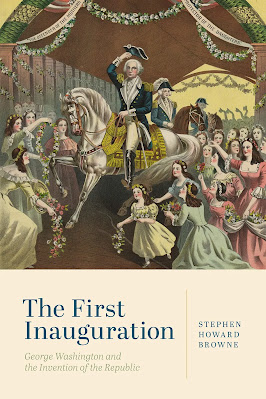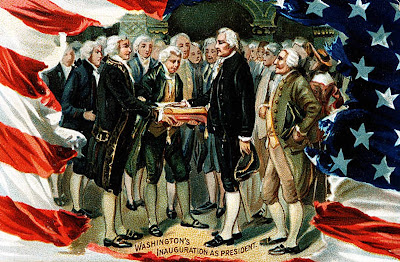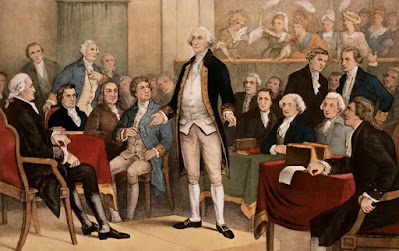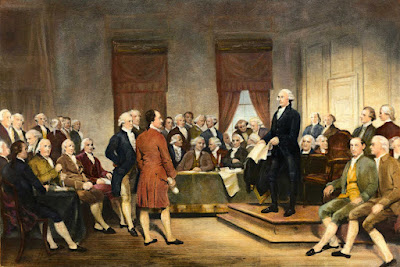The first-ever elections in the United States marked a momentous occasion in world history, as it laid the foundation for democratic governance in a newly independent nation. Held in 1788-1789, these elections were a culmination of years of struggle and sacrifice during the American Revolutionary War. This blog delves into the significance of the first elections, exploring the context, the process, the candidates, and the outcome, as well as the enduring impact on the American political landscape.
Following the successful American Revolution and the ratification of the United States Constitution in 1787, the young nation faced the task of establishing a functioning government. Central to this endeavor was the selection of the nation's first president and vice president. The Founding Fathers recognized the importance of these elections in shaping the course of the country and providing legitimacy to the newly formed federal government.
The process of conducting the first elections was not as streamlined as it is today. The states employed varying methods, with some using popular vote and others relying on the state legislatures to appoint electors who, in turn, cast votes for the president and vice president. This unique system was designed to balance the interests of small and large states, as well as the desire for a representative government.
George Washington emerged as a near-unanimous choice for the presidency due to his exceptional leadership during the Revolutionary War and his statesmanship during the Constitutional Convention. His appeal spanned across regions and factions, uniting the young nation under a single figure.
John Adams, a respected statesman and diplomat, emerged as the clear choice for the vice presidency. While there were other candidates for the position, Adams' experience, intellect, and dedication to the cause of independence made him the preferred candidate.
In February 1789, the Electoral College elected George Washington as the first President of the United States, with John Adams becoming the Vice President. Washington's election was met with widespread acclaim, and his inauguration took place on April 30, 1789, in New York City, the temporary capital at the time.
The significance of the first elections extended beyond their immediate outcome. They laid the groundwork for peaceful transfers of power, establishing the principle of democratic governance. Washington's decision to step down after two terms set an important precedent, emphasizing the idea of a limited presidency and avoiding the dangers of unchecked power.
Furthermore, the first elections served as a symbol of hope and inspiration for other nations struggling for independence and democracy. The success of the United States in conducting a peaceful and orderly transition of power became a beacon of hope for the world, showcasing the potential of democratic ideals to thrive in a diverse and vast country.
The first-ever elections in the United States were a momentous occasion that set the nation on the path to democratic governance. The election of George Washington as the first president and John Adams as vice president demonstrated the nation's commitment to principles of representation, unity, and peaceful transitions of power. Their victory paved the way for future generations to build upon the foundations of democracy, shaping the nation's destiny. The inaugural elections remain an enduring symbol of America's commitment to democratic values and its ability to overcome challenges to forge a unified and prosperous nation.
Related Posts:
2. PRESIDENTIAL PREDICTORS PUZZLED BY TOSSUP STATES
3. UNITED STATES ELECTION - EIGHT STATES HOLD KEY TO WHITE HOUSE
4. OH AMERICA!
Other Related Posts:
1. HILLARY CLINTON - IS THIS REALLY GOODBYE?
2. HILLARY CLINTON ACCEPTS POST AS SECRETARY OF STATE IN OBAMA ADMINISTRATION
3. YOU COULD BE FORGIVEN FOR THINKING THAT CHICAGO IS THE NEW WASHINGTON
4. THE CLINTON MODEL: WHAT THE REPUBLICAN PARTY CAN LEARN FROM HILLARY
5.HILLARY CLINTON IN HIDING - DAREN JONESCU, AMERICAN THINKER





Comments
Post a Comment